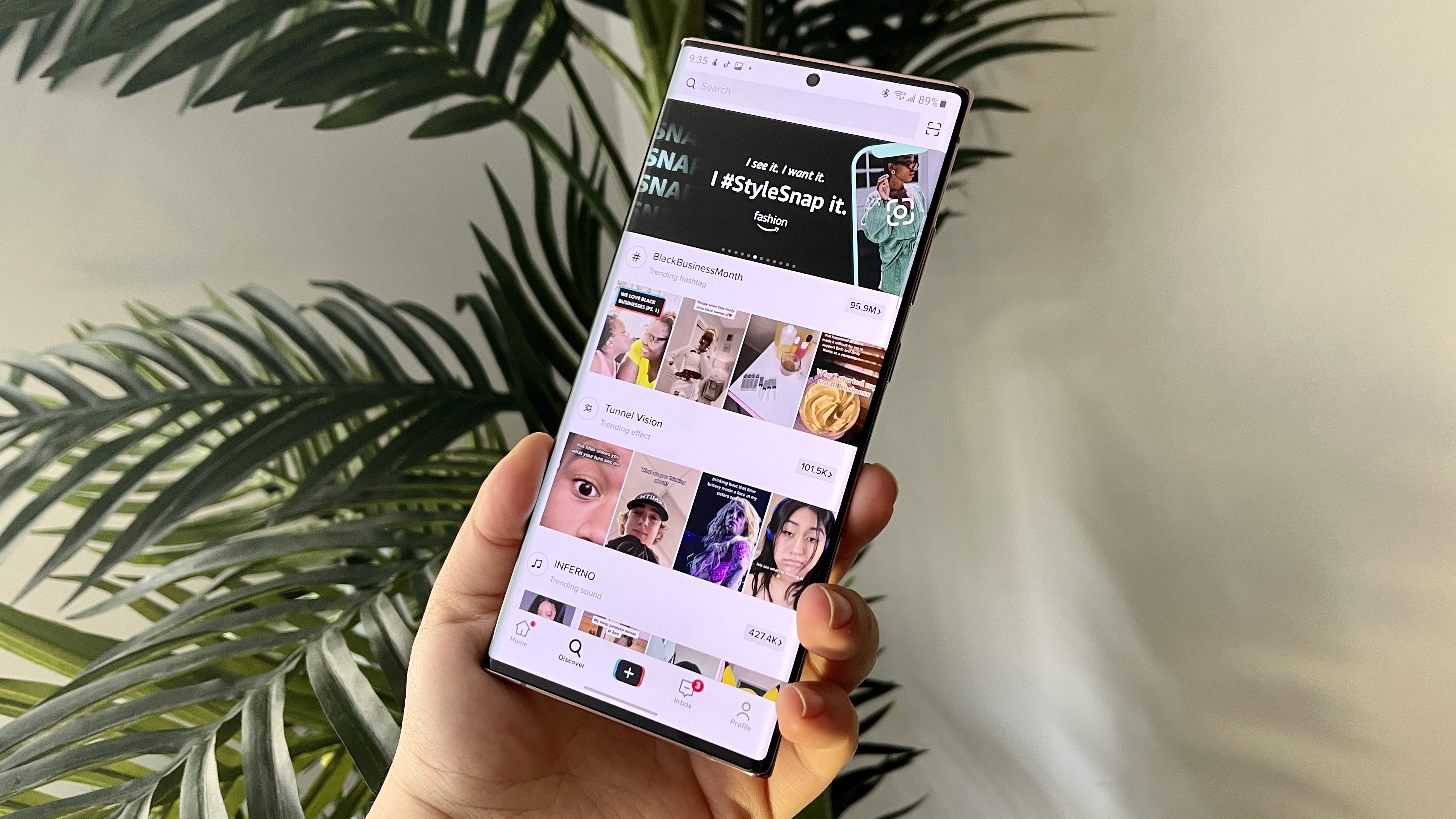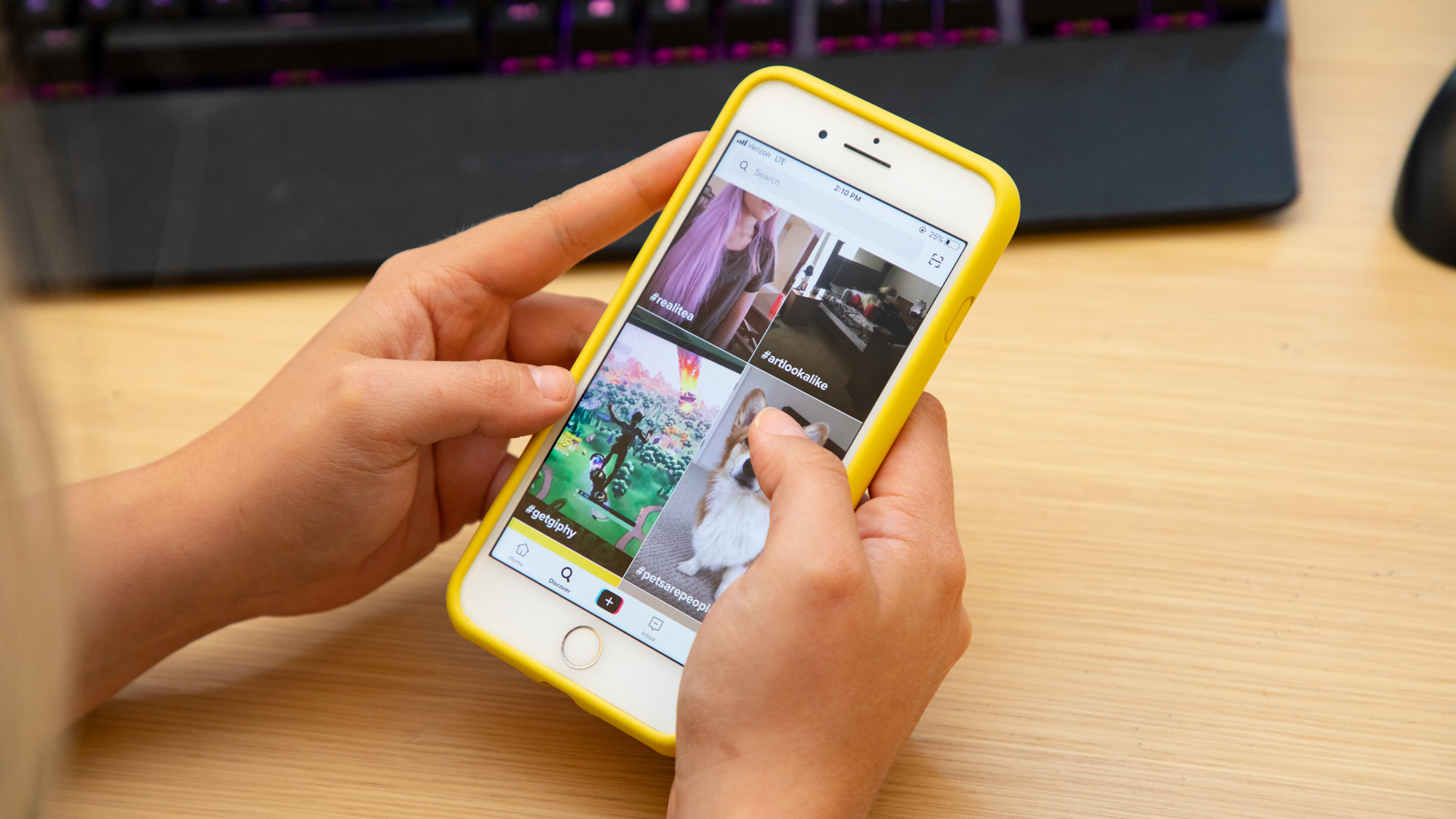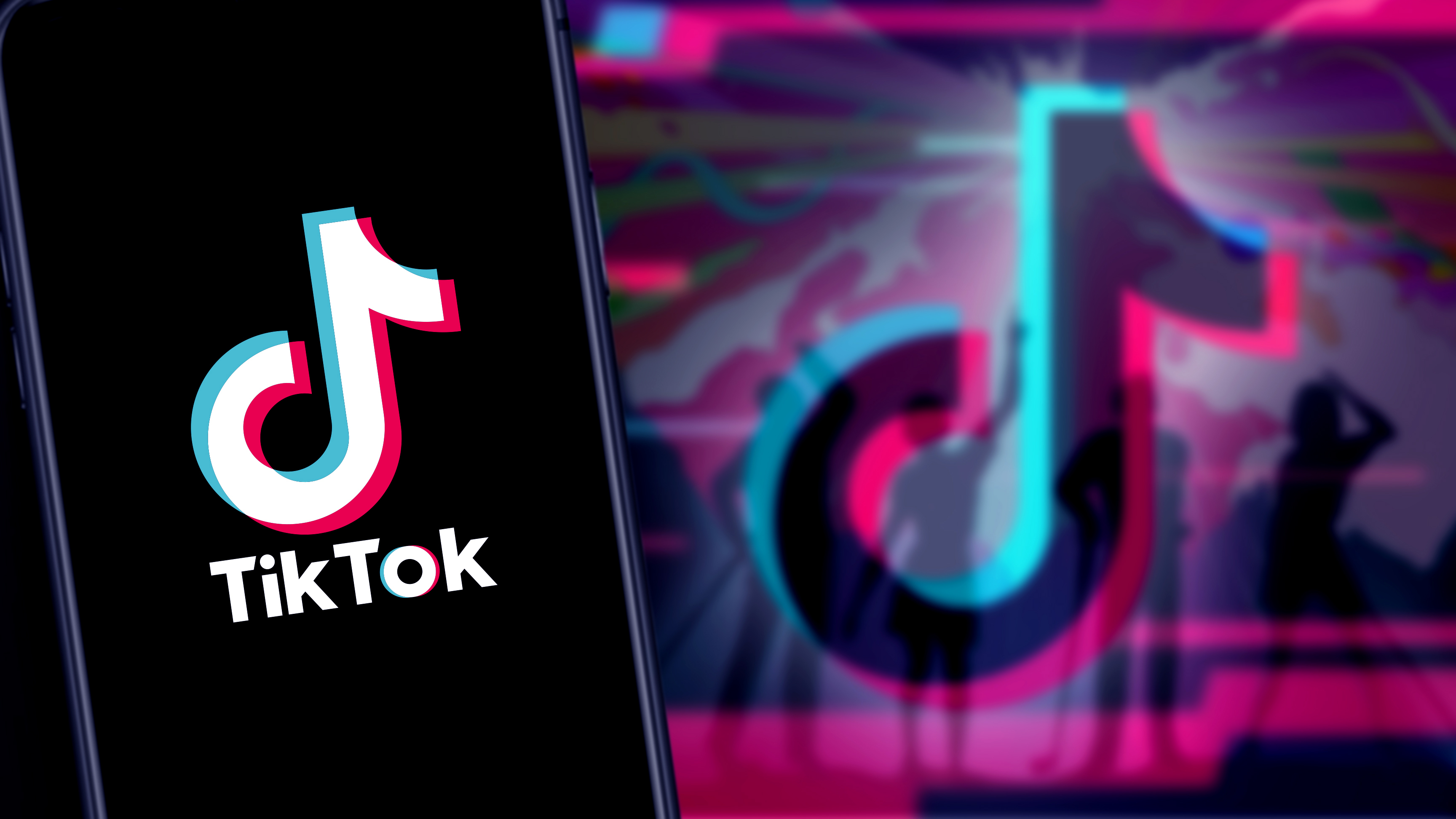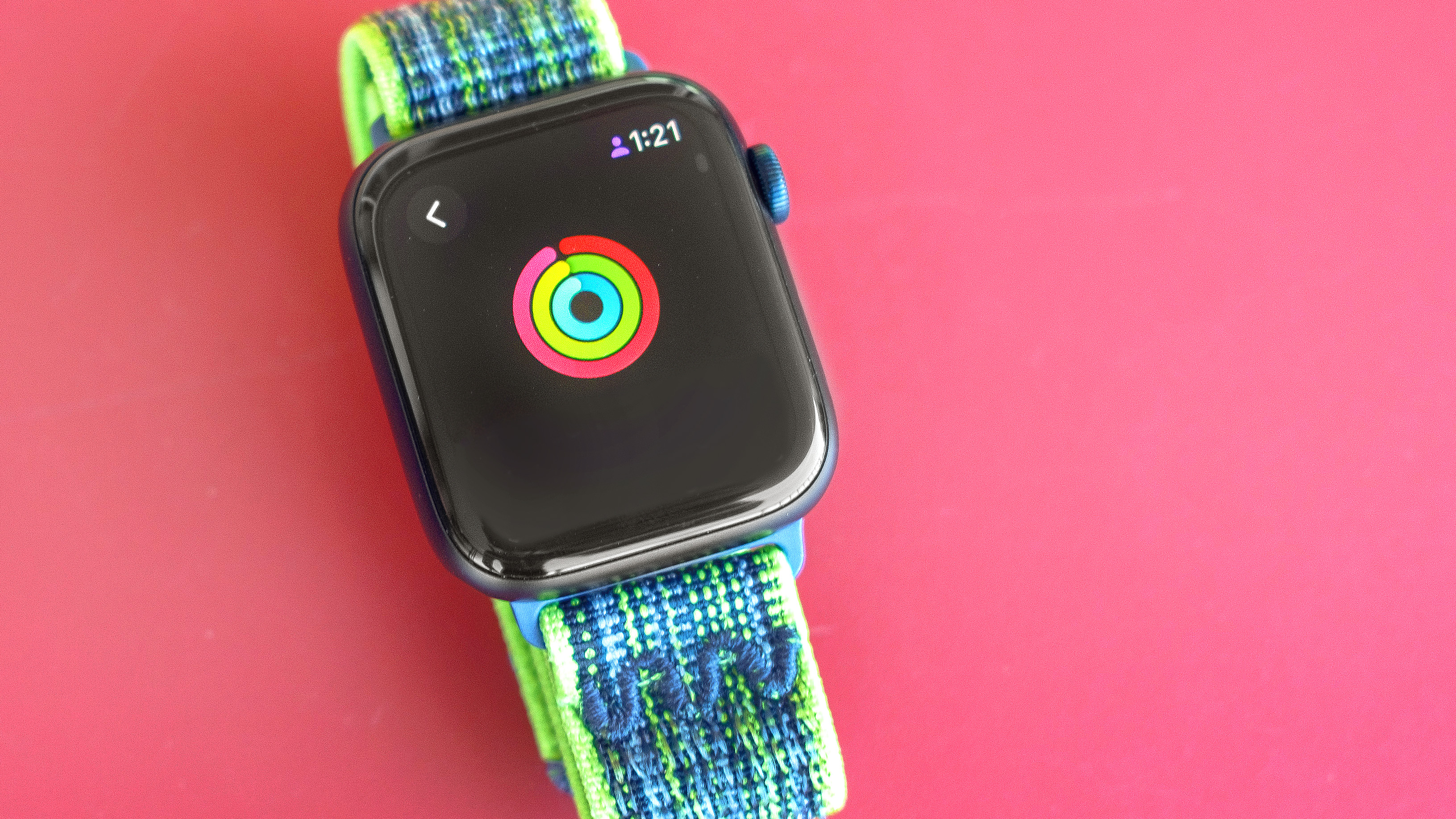TikTok ban explained — everything you need to know
Could a potential TikTok ban force you to delete the app?

TikTok is in the crosshairs again when it comes to its ability to operate in the U.S., and that's bad news for ByteDance, the Chinese company that owns the popular social media app.
The U.S. House of Representatives has overwhelmingly passed a bill that would stop TikTok from being used in the U.S. unless Chinese owner ByteDance sells its interest in the platform. This came after a recommendation in 2023 from The Committee on Foreign Investment in the U.S. (CFIUS), which is a federal task force that oversees cross-border investments and their possible national security risks.
TikTok is used to critcism at this point. In 2022, the FCC commissioner demanded that Apple and Google remove the TikTok app from their respective app stores.
So now the ban has been supported by the House, it will move to the U.S. Senate, where it's fate is uncertain. However, President Biden has indicated he'd be willing to sign the bill if it gets approved by Congress. How would this affect TikTok’s users — both U.S. and otherwise — and how likely is it that the ban will be successful are the two biggest considerations, but there are a few others worth considering, too. We’ve compiled a list of the most pressing questions surrounding a potential TikTok ban along with their answers below.
Why is a TikTok ban being proposed?
The main issue, at least according to U.S. lawmakers and regulators, is a combination of national security and consumer privacy concerns.
These concerns aren’t unfounded, even if a forced sale or outright ban could be considered an overreach. Back in June 2022, reporting from Buzzfeed found that TikTok's parent company ByteDance potentially misled U.S. officials about the handling of U.S. user data.
This data was supposed to be managed by a U.S.-based security team but further investigation showed that Chinese engineers were controlling data access and that this data could be potentially accessed by the Chinese government.
Sign up to get the BEST of Tom's Guide direct to your inbox.
Get instant access to breaking news, the hottest reviews, great deals and helpful tips.
At the time, TikTok claimed these findings were misleading, but concerns have not gone away.

Beyond this, there are also concerns that the Chinese government could use TikTok as a propaganda tool to influence U.S. users. While this is not an issue unique to China or TikTok, the potentially high level of control over TikTok that the Chinese government reportedly has is why U.S. officials are especially concerned.
What is TikTok being asked to do?
The House bill is called the Protecting Americans From Foreign Adversary Controlled Applications Act. The bill mentions TikTok specifically, but it actually has a wider scope than just that one particular app. In fact, the bill would ban any app the government deems to be controlled by a “foreign adversary.”
If it gets passed, the ban would go into effect 165 days after the bill becomes law. It states any ban can be avoided if the government controlling the app divests its stakebefore then.
In all likelihood, that means ByteDance would need to sell TikTok to a U.S. operator for it to continue operations in the country.
In order to “ban” an app, the bill requires that any app store operator, including Apple and Google, removes the offending app from their marketplaces by the Day 165.
In April 2024, the House of Representatives passed legislation to ban TikTok in the United States if the app's China-based owner ByteDance doesn’t sell its stake within a year.
How likely is it that TikTok will be banned in the U.S.?
The chances of a TikTok ban are not overwhelming, though they’re currently stronger than they’ve ever been before. This isn’t the first time a sale or ban has been proposed, with the Trump administration having previously threatened a ban via executive order if the app was not sold. The Biden administration ultimately rescinded this order, but it seems now that a similar action could be back on the table, quite possibly due to increased political support for such a move.
There is precedent for a sale being forced. Back in 2020, the Chinese company Beijing Kunlun Tech Co Ltd was forced to sell its stake in the popular gay dating app Grindr, after buying a majority stake in the app in 2016. This sale was forced on the recommendation of CFIUS, so there is even precedent for this exact path to force a sale.
Similar legislation was passed in the U.S. in April 2024, forcing ByteDance to sell its stake within one year.
However, any such sale or ban would almost certainly be met with a legal battle, meaning that the U.S. court system could ultimately determine what happens in the end. TikTok previously fought the Trump administration’s attempts to force a sale by ByteDance, and the American Civil Liberties Union has also protested the bill on First Amendment grounds. So even if a ban is enacted, it may be put on pause as the legal battle plays out.
That's exactly what appears to be happening with the latest attempt, as TikTok is likely preparing to fight the ruling. ByteDance has already indicated that it would likely go to court to block the law if it passes. The firm says such a ban would deprive millions of users of their First Amendment rights.
What has been TikTok’s response?

TikTok’s approach has been to deny the allegations in favor of a ban for a long time, as well as to try and provide alternative solutions.
In response to the House vote, TikTok said it was a mistake that could harm the U.S. economy.
“This process was secret and the bill was jammed through for one reason: It’s a ban based on zero evidence," TikTok's statement said. "We are hopeful that the Senate will consider the facts, listen to their constituents, and realize the impact on the economy, 7 million small businesses, and the 170 million Americans who use our service.”
TikTok has previously used its own app to complain about the ban, prompting some American users to contact their legislators with complaints. T
At a Harvard Business Review conference last year (h/t CNN), TikTok CEO Shou Chew made a point to reiterate the company’s position.
“‘The Chinese government has actually never asked us for U.S. user data,” Chew said. “And we’ve said this on the record, that even if we were [sic] asked for that, we will not provide that.”
Chew added that “all US user data is stored, by default, in the Oracle Cloud infrastructure” and “access to that data is completely controlled by U.S. personnel.'”
The Chinese government has actually never asked us for US user data, and we’ve said this on the record, that even if we were [sic] asked for that, we will not provide that.
— Shou Chew, TikTok
There is also Project Texas, a proposed plan by TikTok to assuage U.S. concerns. This plan would include the vetting of TikTok’s code by U.S. personnel and the establishment of a domestic subsidiary of TikTok with a separate board of directors that is vetted by the U.S. government.
While complicated, TikTok’s repeated stance is such measures are the only way to ensure U.S. user data security and that a forced sale would not alleviate national security concerns. TikTok has also stated that due to the global nature of the app, “Misinformation and propaganda has no place on our platform, and our users do not expect that.”
What TikTok bans are already in place for the U.S.?
The Biden administration has already passed legislation that bans TikTok on government devices. More than half of U.S. state governments have also enacted similar bans, including Maryland, South Carolina and South Dakota. There is currently no ban on U.S. users outside of these bans on using TikTok on government devices and networks, though.
Another ban was approved by the House with a 360-58 vote in April 2024 as part of a larger foreign aid package. The legislation would ban the app unless its China-based owner sells its stake within a year.
What other countries have already banned TikTok?
The number of countries that have banned TikTok in some form is a fluid list, as new bans have been enacted in recent weeks. But for the most part, many countries — including the U.S., U.K., Canada and New Zealand — have only banned the apps on government devices, government networks and/or personal devices of government employees.
The lone exception? India, which banned the app in 2020 following a violent border clash between India and China. That ban immediately pulled the plug on TikTok for more than 200 million Indian users. This ban could represent the worst-case scenario for fans of TikTok but it is not necessarily the way U.S. officials would enact a potential ban.
How long would a TikTok ban be enforced?
The length of a TikTok ban would be entirely dependent on the final legislation or executive order, but the expectation would be that if TikTok is ultimately banned, any ban would be in place until ByteDance sells its stake in the social media app.
Is there public support for a TikTok ban?
If a Pew Research Center poll is to be believed, public sentiment can be in favor of a TikTok ban, though the sheer numbers involved make this hard to call.
TikTok boasts 170 million U.S. users — nearly half the country — and many people believe a ban would infringe on freedom of speech.
But according to the survey results, those who favor a TikTok ban tend to be older, know that TikTok is owned by a Chinese company and — most importantly — don't use the app themselves. When it comes to those who do use the app, unsurprisingly most respondents were against a TikTok ban, though 19% were still in favor.
What a TikTok ban could mean for you

Ultimately, a TikTok ban would mean that U.S. users can no longer use or register an account on TikTok. While a TikTok VPN could theoretically be used to get around these restrictions, the reality would likely be more complicated, and there is no guarantee that any potential workaround would be feasible — or legal.
Conversely, a sale by ByteDance could have implications from temporary restrictions on usage to absolutely no effect at all. The way apps of TikTok’s size handle data can be incredibly complex and there’s no guarantee that a transfer of ownership would be seamless. But the best-case scenario for a sale would be that the app simply becomes overseen by U.S. owners and nothing changes for the average user.
Finally, while ByteDance remains in charge of TikTok, users should exercise caution. Although the company states it is private, there's a tacit understanding that Chinese companies are always under Chinese government oversight. While TikTok says no Chinese official has ever requested access to U.S. user data, it would be theoretically legal for the Chinese Communist Party to do so.
This doesn’t mean you need to delete the app immediately; it just means you should be careful when you use it.
More from Tom's Guide

Malcolm has been with Tom's Guide since 2022, and has been covering the latest in streaming shows and movies since 2023. He's not one to shy away from a hot take, including that "John Wick" is one of the four greatest films ever made.
- Jeff ParsonsUK Editor In Chief
